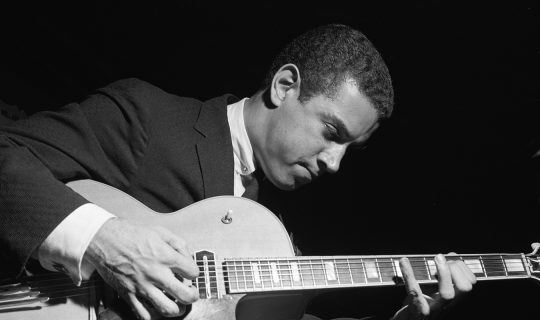July 14, 2023
Pianist Harold López-Nussa has released the new single “Tumba la Timba” from his Blue Note debut Timba a la Americana out August 25. The vibrant full-length teems with joy and pathos inspired by the pianist’s recent decision to leave his Cuban homeland and begin a new life in France. Produced by Michael League (Snarky Puppy), Timba a la Americana presents 10 dynamic new original compositions performed by a tight-knit band featuring harmonica virtuoso Grégoire Maret, Luques Curtis on bass, Bárbaro “Machito” Crespo on congas, and Harold’s brother Ruy Adrián López-Nussa on drums.
“‘Tumba la Timba’ is a provocation,” says Harold. “We are playing a fast Rumba while adding some crazy sounds with the Rhodes and percussion. It feels like a deep discussion at an underground Rumba party, but also like a kind of Conga going down in the streets of Havana with some tourists. The tumbadoras [conga] are very important on this track.”
On Timba a la Americana, López-Nussa felt a strong urge to escape the conventional thinking about song form and structure that’s defined Latin jazz since the 1950s. In collaboration with League, the bassist and founder of Snarky Puppy, the two sought new settings for the clave patterns that are the heartbeat of Cuban music. They grabbed elements of danzon, the foundational dance that began in Matanzas in the late 1800s, and the stately son tumbao riffs that frame the songs of Beny More and so many others. They worked with ancient bata drum rhythms used to summon the deities, then incorporated them into the choppy polyrhythmic agitations of modern improvising collectives. They linked the catcalling mambos of Dizzy Gillespie and Machito to modern ideas about song structure.
The result is López-Nussa’s most expansive and ambitious work to date, a provocative, lavishly colorful song cycle that amounts to a top-to-bottom modernization of Latin jazz. Cuba provides the anchoring point of origin; from there López-Nussa and his band volley ideas in a spirit of cosmopolitan modernity that transcends regions and genres and eras.






